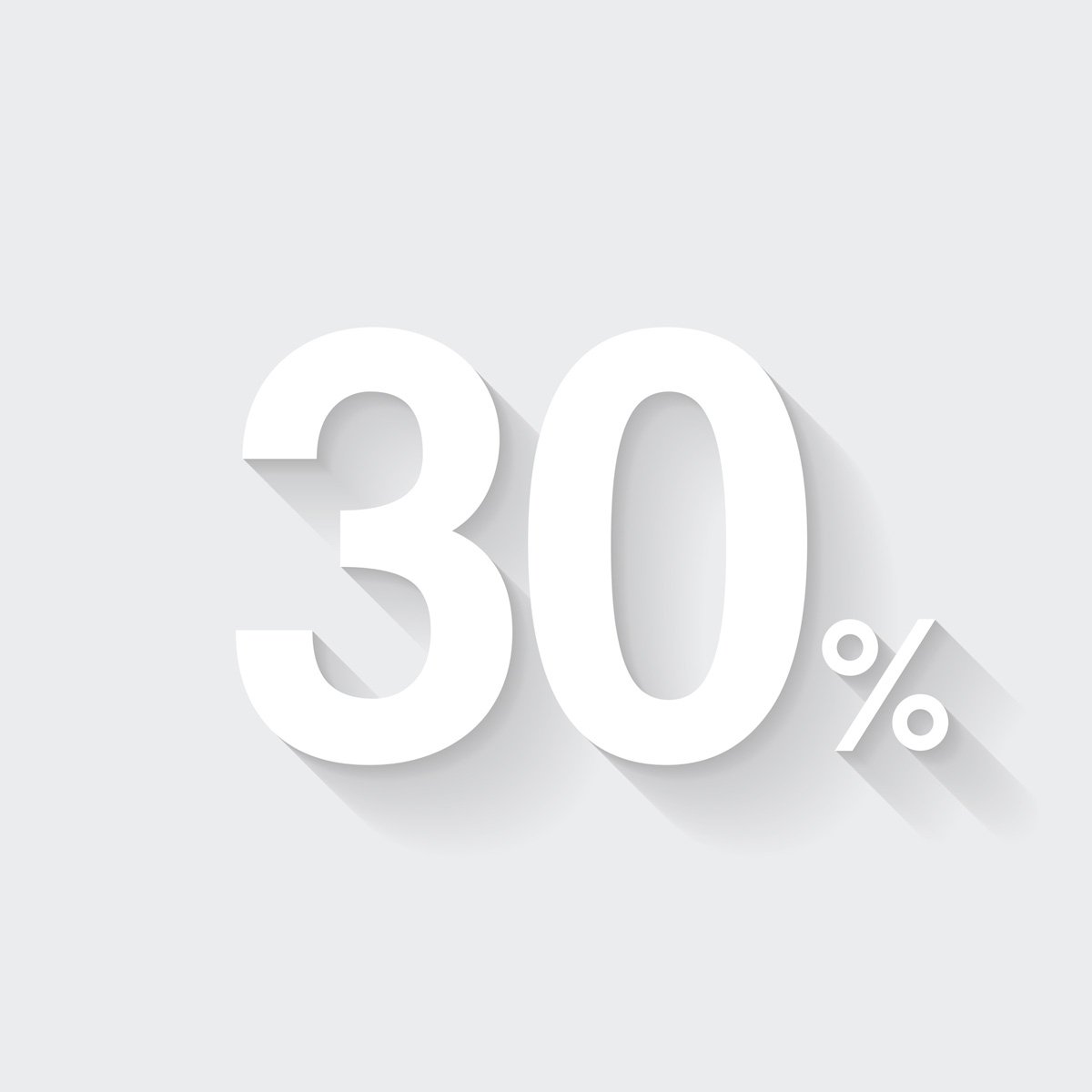The push to cut carbon emissions has led to many government agencies and utilities to offer attractive incentives to switch from gas-fired appliances to electric ones. They range from federal and state tax credits to cash rebates for qualifying purchases. Here’s a look at what’s on tap for the coming year.
Federal Tax Credits
Tax credits save you money by lowering your tax bill. You apply for them when you file your federal, state, and local tax returns. They’re like other tax deductions and are generally limited to a certain percentage of your tax liability.
In 2023, the feds will allow you to deduct up to 30% of the cost of certain energy-saving purchases like heat pump HVAC systems and heat pump water heaters along with upgrades to insulation and electrical panel upgrades to handle the extra power needed to run those appliances.
According to a recent article on the CPR News website, the deductions are limited to $1,200 per household in a single tax year unless a heat pump system is installed, in which case the deduction goes up to $2,000. The downside? While most households have a tax liability greater than $2,000, you need to spend between $4,000 and $6700 to get the full benefit on your tax bill. Of course, if you’re installing a whole-house heat pump HVAC system, that might not be a problem.
But Wait. There’s More
If you make 80% or less of your area’s median income, the federal legislation gives you some upfront benefits, too. According to CPR News, these include:
- Up to $8,000 for a heat pump for space heating or cooling
- Up to $4,400 for a breaker box upgrade
- Up to $2,500 for electric wiring
- Up to $1,750 for a heat pump water heater
- Up to $1,600 for insulation and air sealing
- Up to $840 for an electric stove or clothes dryer.
Households earning up to 150 percent of their area’s median income could still receive discounts, albeit smaller ones. An additional $4.5 billion rebate program would also fund more projects to improve home energy efficiency.
But There’s a Catch, of Course
The upfront rebates need to be passed by Congress, so watch the news. Then the rebates, while a federal program, will be administered by the states. Contacted by CPR News in late August, Dominique Gómez, the deputy director of the Colorado Energy Office, said the state was working with the U.S. Department of Energy to nail down details but didn’t have an exact timeline at that time.
More Bennies for Coloradans in Store
Legislation passed earlier in 2022 will be effective for 2023. It includes a sales tax waiver for heat pump purchases along with a tax credit to refund 10% of the purchase price.
Utilities and local communities have separate discounts of their own. Xcel Energy offers a range of heat pump rebates worth up to $2,000. The City and County of Denver offers additional rebates through its Energy Resource Center. They can amount to up to 80% of the installed project cost. Application for the rebates must be submitted by the installing contractor, not the homeowner. Details are on the city’s website here.
Let Allstar Help You Get the Best Bang for Your Buck
Going electric can be complicated and expensive. Electrical service may need upgrading along with extra wiring to support the added loads. If not done carefully, it can cost more than money—it can pose serious risks to both your property and the precious things it houses.
If you’re considering investing in heat pumps or switching to electric appliances, let Allstar Electrical Services help you assess the costs and benefits of such a move. Give us a call at 303.399.7420 or visit our website. We’re top-rated by the Better Business Bureau and a preferred contractor by Angi’s Home Advisor and ready to work with you to get the results you deserve.
The pros at Allstar Electrical Services want to extend our best wishes to you and your loved ones for a joyful holiday season and an electrifying new year. We look forward to serving your total electrical needs in 2023 and for many years to come.


